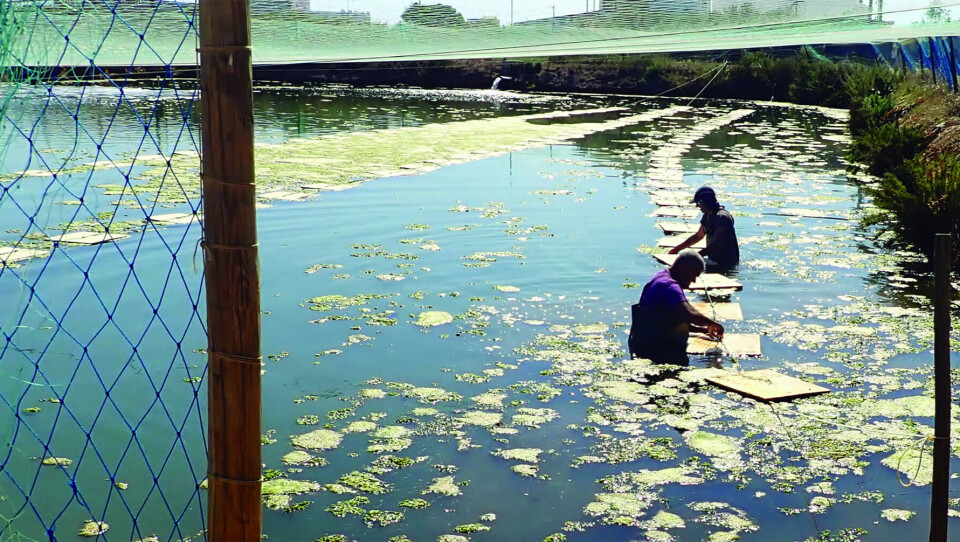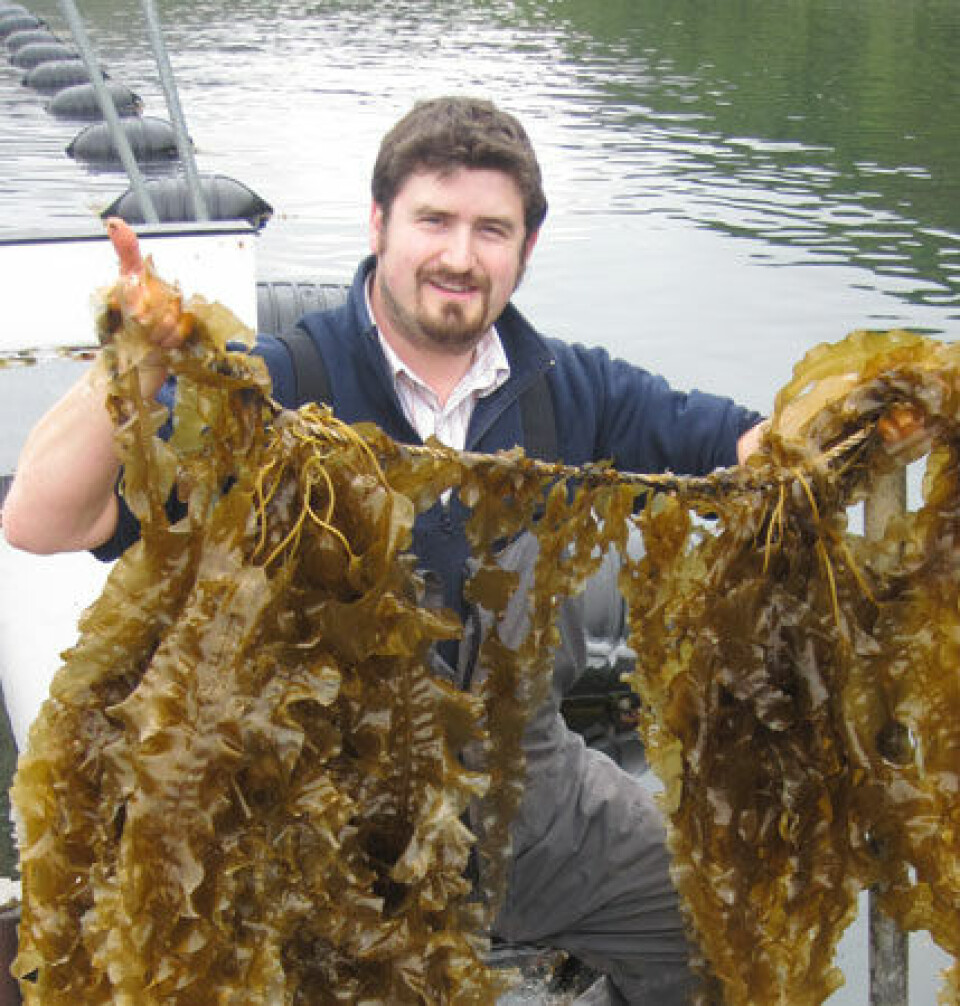
Turning the tide towards integrated aquaculture
The results of a three-year effort aimed at overcoming the challenges of establishing integrated multi-trophic aquaculture (IMTA) in Europe are to be presented at a virtual event later this month.
The Scottish Association for Marine Science (SAMS), based near Oban, is one of eight organisations from five countries which have taken part in the INTEGRATE project, financed by the European Regional Development Fund.
The project has addressed the capitalisation of existing and new IMTA knowledge, the definition of IMTA best practices, the environmental efficiency of IMTA systems and the definition of a medium-long term strategy for the implementation of IMTA in the European Atlantic Area.
The results will be presented at a virtual event on Thursday, June 18, from 9.45am-1pm BST.

Key to success
“The dissemination of the project results and the dissemination among the end-users and the general public are key to the success of the project, that is why we are organising this conference,” said Martha Bonnet Dunbar, project coordinator at Spain’s Centro Tecnológico de la Aqua (CTAQUA), which has led the project.
The meeting, which will be held in English, will be divided into sessions and the activities developed within the framework of the project will be discussed, as well as the definition of IMTA and its perception both in the Atlantic Area and worldwide.
The results of pilot actions developed by INTEGRATE will also be released. The project has eight case studies distributed in three pilot actions in Spain, Portugal, France, and Ireland to develop specific technology and production processes for Atlantic IMTA. The results of this work are useful not only at a production level, but also at a legislative and environmental level.
The final session will be devoted to the future perspectives of IMTA in the Atlantic Area, the importance of knowledge transfer, and the definition of a work framework for the development of IMTA.

Macroalgae
Together with CTAQUA, the INTEGRATE partners are research institute Agrocampus Ouest (France), SAMS, the Portuguese Institute of the Sea and the Atmosphere, the National University of Ireland, Galway, the Irish Seaweed Consultancy, ALGAplus (Portugal), and the Algae Innovation and Technology Centre (France).
SAMS’ contribution has been led by Lars Brunner, support scientist in macroalgal cultivation, who has been looking a capitalisation and will speak at the virtual event.
The specific objectives of the capitalisation work package include guiding industrial transition towards IMTA production processes in the Atlantic Area.
The programme for the virtual event can be found here, and those wishing to attend can register here. The registration deadline is June 10.






















































